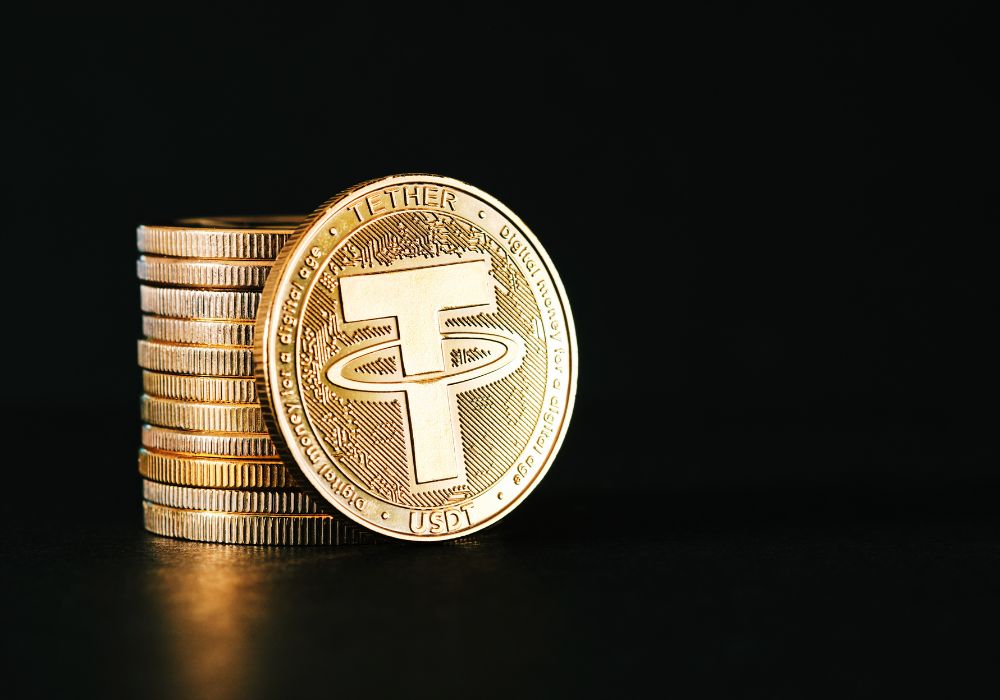
October 19, 2025 — The issuer of the world’s largest stablecoin is now in the legal spotlight. According to sources, Texas-based consulting firm Riverstone Consulting LLC has filed a lawsuit against Tether Holdings Ltd., alleging that the company froze USDT worth approximately $44.7 million in April 2025 without following proper international legal procedures, and that the freeze caused Riverstone to miss major investment opportunities.
What Exactly Happened Between Tether and Riverstone
- According to the complaint registered in the Southern District of New York, Tether froze assets across eight offline wallets controlled by Riverstone at the request of a local Bulgarian police station.
- Riverstone argues that this freeze violated the “Bulgaria International Judicial Assistance Treaty,” because the Bulgarian authorities failed to follow central diplomatic channels and instead Tether acted on a direct local request.
- The firm claims that when they sought clarification, Tether referred them to the Bulgarian police, which then failed to respond. As a result, Riverstone alleges it missed significant on-chain investment windows due to the frozen USDT.
- Tether’s circulation of USDT exceeds $180 billion, and the platform reports cooperation with more than 290 global law-enforcement agencies, freezing over $3.2 billion in USDT linked to illicit activity.
Why The Tether Case Matters for Crypto Markets
1. Centralised Stablecoin Power
Stablecoins are often touted as “stable, neutral” proxies for the crypto economy, but Tether’s ability to freeze large sums raises questions about how neutral and decentralised they truly are. The lawsuit puts a spotlight on issuer discretion and governance risk.
2. Legal & Procedural Precedents
Riverstone’s case argues that even though funds remain on-chain, the legal frameworks around freezes matter, especially when operations cross jurisdictions. If courts find in favour of the plaintiff, stablecoin operators may face higher procedural requirements and legal exposure.
3. Investor Risk and Opportunity Cost
Frozen assets not only lose liquidity, they may also lose opportunity. Riverstone claims the freeze prevented them from executing on planned investment strategies. That speaks to a less-discussed cost of “compliance freezes”: time and missed returns.
4. Regulatory Implications Ahead
If this case progresses, regulators might impose stricter scrutiny over stablecoin issuers, including transparency around freeze actions, defined user rights, and cross-border legal processes. This could affect how exchanges, custody platforms, and retail users evaluate stablecoin risk.
Key Risks Highlighted
- Procedural Risk: Even for large issuers, acting too quickly or without formal legal process can expose them to litigation.
- Liquidity Risk: Users whose funds are frozen may lose access to capital or investment windows.
- Centralisation Risk: The ability to freeze funds underscores centralized control, theoretically antithetical to some crypto ideals.
- Jurisdictional Risk: Chain-assets may be global, but legal procedures are local. Crossing borders complicates compliance and redress.
Tether’s $44.7 million lawsuit is more than a legal dispute as it’s a reminder that even in the on-chain world, legal process, asset rights, and issuer behaviour still matter. As stablecoins become foundational to crypto finance, the subtleties of freeze powers, cross-border legality and institutional trust will play an increasing role.
For investors, the key lesson: don’t treat any crypto asset (even the largest stablecoin) as immune to legal, procedural or issuer risk. Understand the terms of your holdings, know the freeze policies, and build contingency into your strategy.
Your Trades. Our Priority. Hotcoin.
Hotcoin Official Site: https://www.hotcoin.com
Hotcoin Twitter: https://x.com/HotcoinGlobal
Hotcoin Telegram: https://t.me/HotcoinEX
Hotcoin Chinese Twitter: https://x.com/hotcoinzh
Hotcoin Chinese Community: https://t.me/hotcoinglobalcn
Hotcoin YouTube: https://www.youtube.com/@hotcoinglobal
